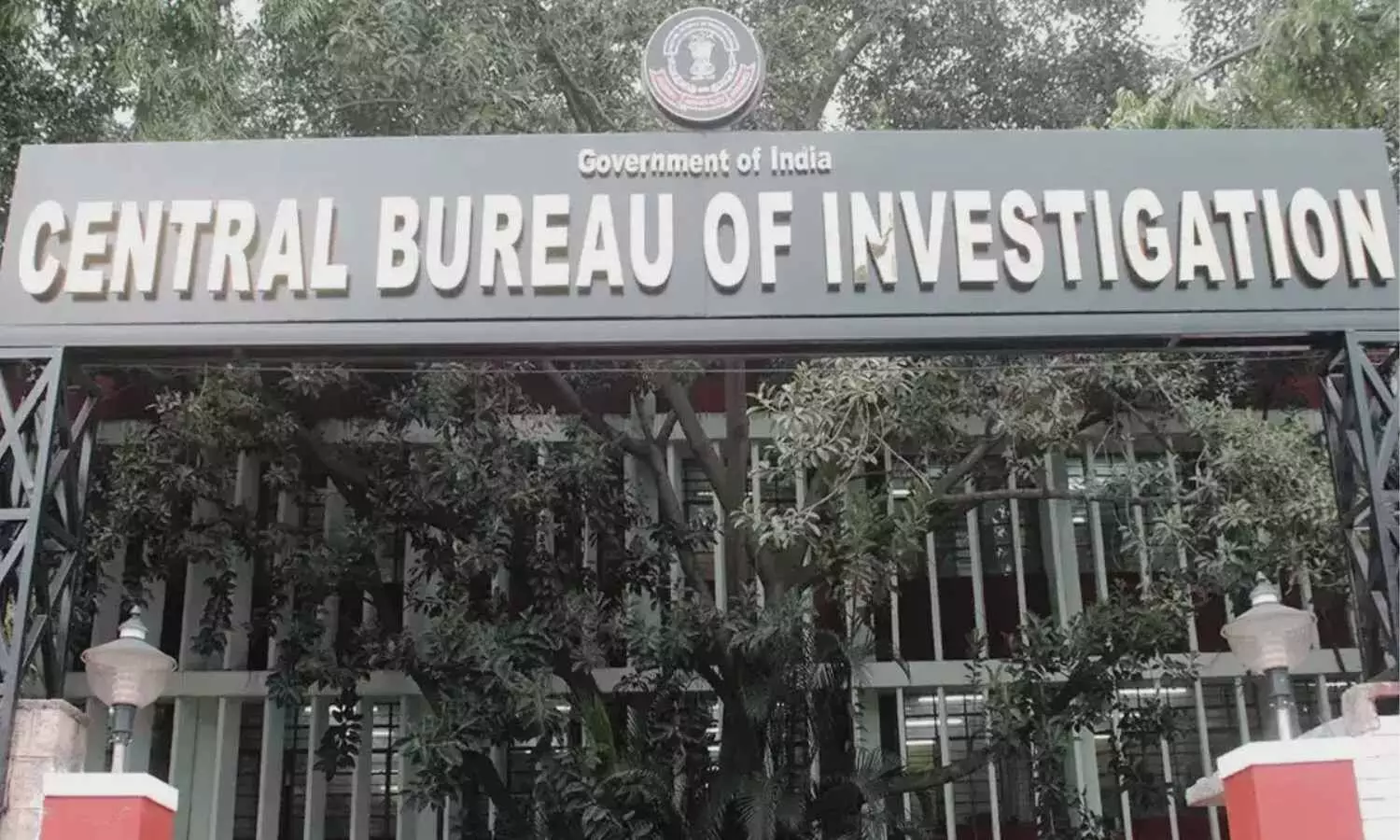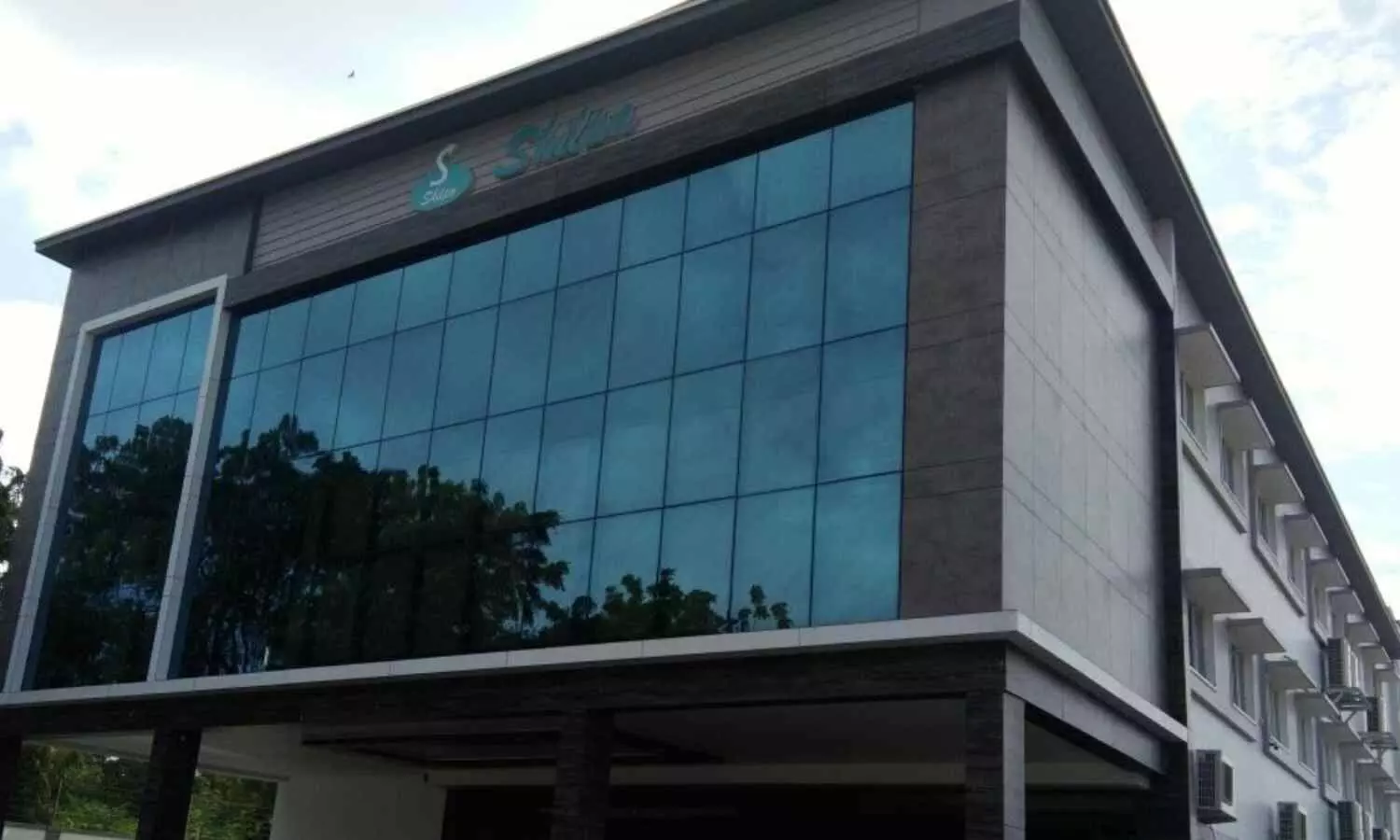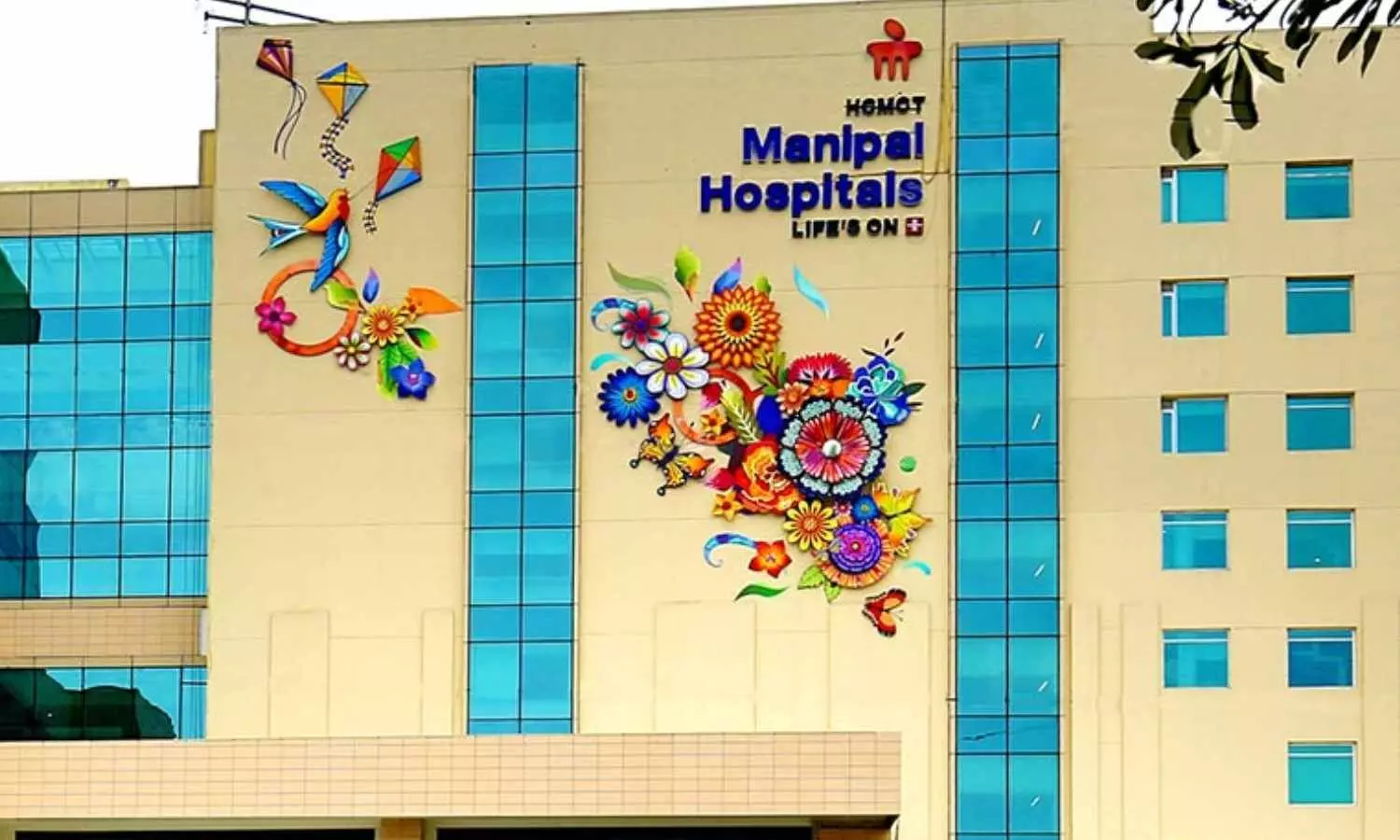Financial Irregularities at RG Kar Hospital: CBI identifies 3 Business Entities in FIR

Kolkata: The Central Bureau of Investigation (CBI) continued its searches in connection with the investigation into the alleged financial irregularities at state-run RG Kar Medical College and Hospital, Kolkata by including names of three business entities in the first information report (FIR) filed in the case.
These names were highlighted in a petition submitted to the Calcutta High Court by a whistleblower and former deputy superintendent of RG Kar, Akhtar Ali. Acting on this petition, the court directed the CBI last week to take over the investigation.
Sources said that the three new names included in the FIR are of three business entities namely Maa Tara Traders, Ehsan Cafe and Kham Louha.
The CBI initially filed an FIR against Sandip Ghosh, the former principal of RG Kar, who is under scrutiny for both financial irregularities and the recent rape and murder of a junior doctor at the hospital.
According to an IANS report, sources said the three business entities were named in the FIR following specific clues that they were beneficiaries in the financial irregularities allegedly done when Ghosh was at the helm of affairs at R.G. Kar.
On Sunday, the CBI sleuths conducted marathon raids and search operations at the residences of Ghosh at Beliaghata in central Kolkata and the proprietor of Maa Tara Traders Biplab Sinha in Howrah district. The raid and search operations were conducted at some other places, including one former and one present official attached with R.G. Kar.
As per findings of the CBI officials, sources said that Maa Tara Traders enjoyed a virtual monopoly in supplying different medical equipment to R.G. Kar because of the closeness of its proprietor with Ghosh.
The CBI officials are carrying out a multi-angle investigation in the matter of financial irregularities at state-run R.G. Kar Medical College and Hospital involving 15 specific charges of fund fudging, sources have said, news agency IANS reported.
The main allegation is the tendering of different contracts to private and outsourced parties without getting the necessary approval from the state health department and the college council.
Powered by WPeMatico




